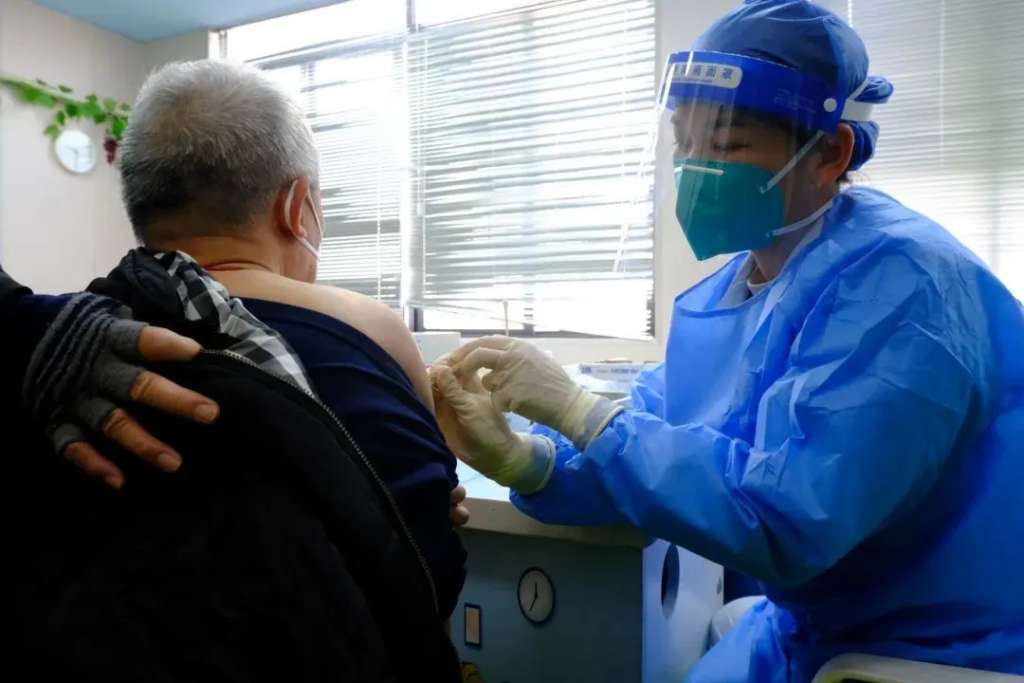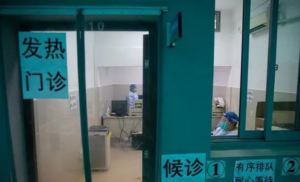
What should be paid attention to the prevention and control of the new crown epidemic in rural areas during the Spring Festival? Listen to what Guangxi CDC experts say
The Chinese New Year is just a week away, and health and peace are the good wishes of many people on this day of reunion for all families. With a large number of people returning home in rural areas in the short term, the risk of transmission of the new crown epidemic increases. How to do the prevention and control of the new crown epidemic in rural areas? Guangxi CDC issued a health alert on this.
● Be careful not to return home with diseases
If individuals have symptoms of suspected NCC infection such as fever (temperature ≥37.3℃), dry cough, fatigue, runny nose, nasal congestion, sore throat, reduced sense of smell/taste, myalgia, diarrhea, etc. 3 days before returning home, it is recommended to suspend returning home and wait for recovery or negative nucleic acid/antigen test before traveling.

● Maintain good hygiene practices
When taking public transportation, going to crowded public places or medical institutions, individuals should still insist on wearing a good mask, wash hands regularly to maintain hand hygiene, 1 meter line, eat civilized meals, and advocate the use of public chopsticks when visiting friends and relatives; pay attention to keeping indoor air circulation and clean and tidy, and open windows 2-3 times a day for about 30 minutes each time while paying attention to the cold. Maintain a healthy lifestyle with regular work and rest, reasonable diet, moderate exercise and a good attitude to improve self resistance.
● Pay attention to the health of vulnerable people
Focus on the health status of people over 65 years old or those with underlying diseases such as coronary heart disease, stroke, hypertension, chronic obstructive pulmonary disease, diabetes, chronic kidney disease, tumors, immune function deficiency, etc. Seek medical attention in case of difficulty in breathing, shortness of breath, wheezing or symptoms that cannot be relieved after taking medication.
● Pay attention to fewer gatherings and fewer dinners
When the local epidemic is serious, try to gather less, have fewer dinners, and do not pile up; do not attend dinners and gatherings for the elderly over 65 years old and vulnerable people with serious underlying diseases; do not organize or participate in gathering activities such as chess and mahjong after returning home, and try to keep red and white celebrations simple; do not visit the families of people with positive cases or symptoms of new coronavirus infection, and do not visit the families of people with positive cases or symptoms of new coronavirus infection. If you need to go to crowded places such as temples, lanterns and fairs, do your personal protection and follow the order to reduce the risk of epidemic transmission.
Stock up on epidemic prevention supplies
If you develop symptoms related to New Coronavirus infection after returning home, please seek medical attention from a medical institution in a timely manner. Once positive, it is recommended that those who are in a position to do so should live in a single room, other family members should strengthen protection, eat separately, and not share dining utensils, washbasins and other household items; reduce contact with others, and both parties should be regulated to wear masks when contact must be made; home treatment should be scientific, not overdose medication, and promptly seek medical attention when symptoms worsen.

Reinforce immunization as soon as possible
If there is no contraindication, please ask those who are eligible but not vaccinated, not fully vaccinated or not booster vaccinated (especially the elderly over 60 years old) to complete the vaccination against the new coronavirus as soon as possible to improve their immunity level.
● Carry out patriotic health campaigns
We advocate that farmers should carry out patriotic sanitation campaigns, focusing on cleaning indoor and back-of-house sanitation, clearing up piles of debris and old garbage, cleaning garbage bins in village houses on a daily basis and disinfecting them on a regular basis, and putting domestic garbage in separate garbage bags in an airtight manner to ensure a tidy and hygienic environment inside and outside.


Average Rating